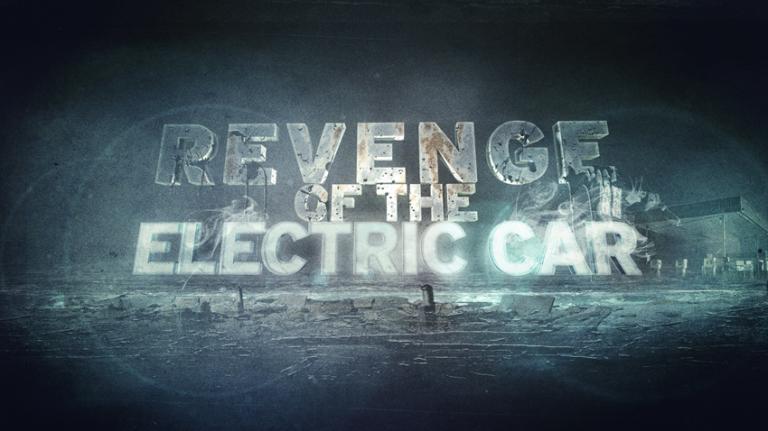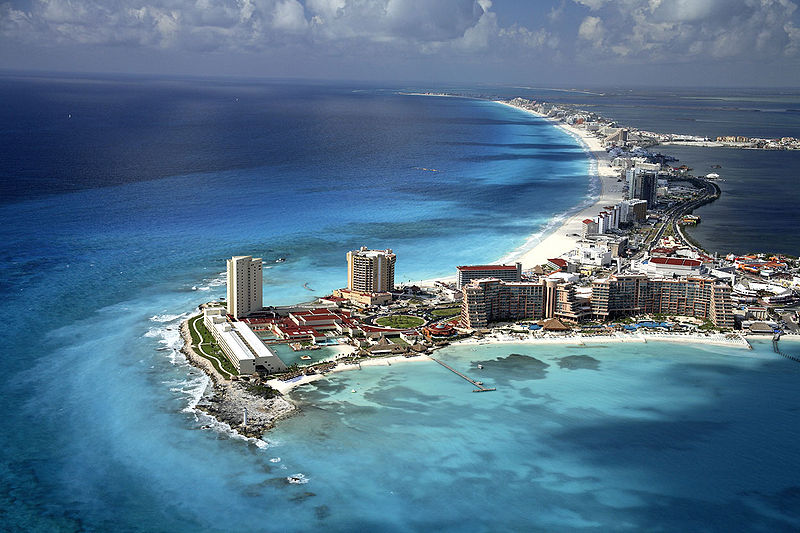We are not going to get a binding treaty in Cancun, Mexico when 194 countries meet to continue negotiations on international efforts to address climate change. And we are not going to finalize all of the details of new international efforts. So if you think the world only addresses climate change through a binding agreement and when all the details of the global effort are finalized, you’ll be disappointed in Mexico.
But if you believe, as I do, that real action can occur without a “binding” agreement or having all the details completed you’ll be surprised to learn that some key things might actually happen in Cancun. NRDC has outlined some more detailed perspectives on what should be included in each of those agreements in order to make tangible progress and begin the hard work of implementing real action on the ground (available in English and Spanish).
Focus on actions by key countries to reduce emissions
Countries accounting for over 80 percent of the world’s emissions have now committed to specific actions that they will undertake at home to reduce their global warming pollution. So are these countries sitting on the sidelines and waiting for the Cancun or the final agreement before they do anything? No, most key countries aren’t waiting. They are moving to implement laws, policies, and programs to meet these commitments. I’ll discuss these in more detail in a later post, but here is a sample:
- China is detailing how it will implement actions in its next 5-year plan (that runs through 2015) to put the country on the path to meeting its greenhouse gas emissions intensity target.
- Brazil is continuing to combat deforestation and preliminary results show that the trend continues downward.
- Europe is implementing its domestic laws to meet its current target in 2020 and considering going further.
A large amount of attention will be on how the U.S. is going to continue to move forward, but all countries (including the U.S.) should be prepared to say: “we have done nothing” or “we have taken such and such step, but need to go further.”
Focus on delivering on “prompt start funding”
In Copenhagen, developed countries committed to provide $30 billion in financing from 2010-2012 to aid developing countries in deploying clean energy, reducing deforestation emissions, and adapting to the impacts of climate change. Independent assessments show that existing pledges achieve close to that objective, but to build trust it is critical that developed countries show in tangible and transparent ways how their pledges to “prompt start” funding are turning into real money.
Agree to key aspects of the MRV and finance provisions
Resolving key details of the monitoring, reporting, and verification (MRV) and finance provisions are critical to a successful outcome in Cancun. These two issues are intertwined in the negotiations and must be simultaneously resolved. Countries need to agree on following aspects in Mexico:
- Detail a framework for developed country MRV, which builds upon the existing systems for the transparency of developed country emissions and spells out the specific rules. The agreement would also need to create a process for establishing the structure of international consultation and analysis (ICA) provisions for developed countries.
- Outline details on developing Country National Communications and MRV which spells out the frequency, content, and scope of National Communications (NatComms). More detailed recommendations are available in a new NRDC paper to be released at the beginning of the negotiations. Negotiations will also need to outline a process for establishing the structure for ICA for developing countries.
- Create a new Global Fund for Climate Change with details on how the fund will be governed (e.g., the make-up of the Board) and a process for establishing the full guidelines to make the fund operational by COP 17. Countries should also agree to create a structure for tracking finance in a transparent fashion so that all countries can know whether or not the money is real, flowing to the right actions, and delivering tangible benefits on-the-ground.
Make progress on REDD, technology, and adaptation
In Mexico, decisions on reducing emissions from deforestation and degradation (REDD), clean energy, and adaptation in developing countries would provide strong direction to how “prompt start” funds and new resources channeled through the Global Fund should be utilized. These will begin to implement the “rulebook” to guide these efforts.
- Establish some parameters for REDD. In Cancun, countries should agree to a framework which begins to implement clear guidance that ensures safeguards on biodiversity, social benefits, rights of indigenous peoples and communities, and preserves natural forests. The agreement should also encourage all countries to take strong action to address the drivers of deforestation.
- Create mechanisms to assist in helping deploy clean energy in developing countries by agreeing to create a “technology center” and “networks” in different regions of the world. This would help developing countries tap into key expertise in their efforts to deploy clean energy and help connect countries to the growing number of financing opportunities.
- Develop adaptation institutional arrangements to assist the most vulnerable that are already feeling the impacts of climate change. In Cancun, countries should begin outlining an organizational structure to allow the Global Fund for Climate to facilitate and finance adaptation activities, with special care taken to facilitate adaptation activities for the most vulnerable countries and least developed countries.
- Preserving progress on HFCs under the Montreal Protocol. Nothing done in Cancun should interfere with efforts to phase down HFC production under the Montreal Protocol, an action endorsed in a declaration by 91 developed and developing countries in Bangkok this past November.
These key actions are within reach at Cancun
In Cancun, countries need to begin to outline the key steps they are taking to reduce their emissions, improve the transparency and accountability of their actions, and support the creation of a new global fund for climate change. This agreement also needs to begin to implement key efforts to reduce deforestation emissions, deploy clean energy, and help developing countries adapt to the global warming impacts they are experiencing right now.
Agreements on these are within reach as long the leaders in each country send clear signals to their negotiators not to block progress. A growing number of countries — such as in the Cartagena Dialogue — are urging countries to move forward. Let’s hope all countries listen and find ways to “get to yes.”



